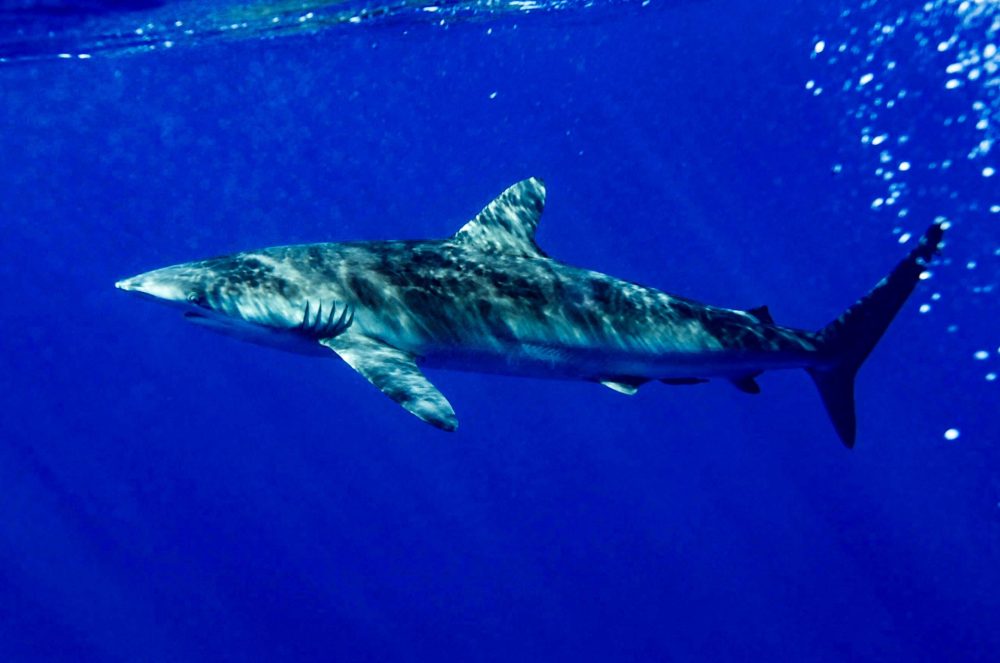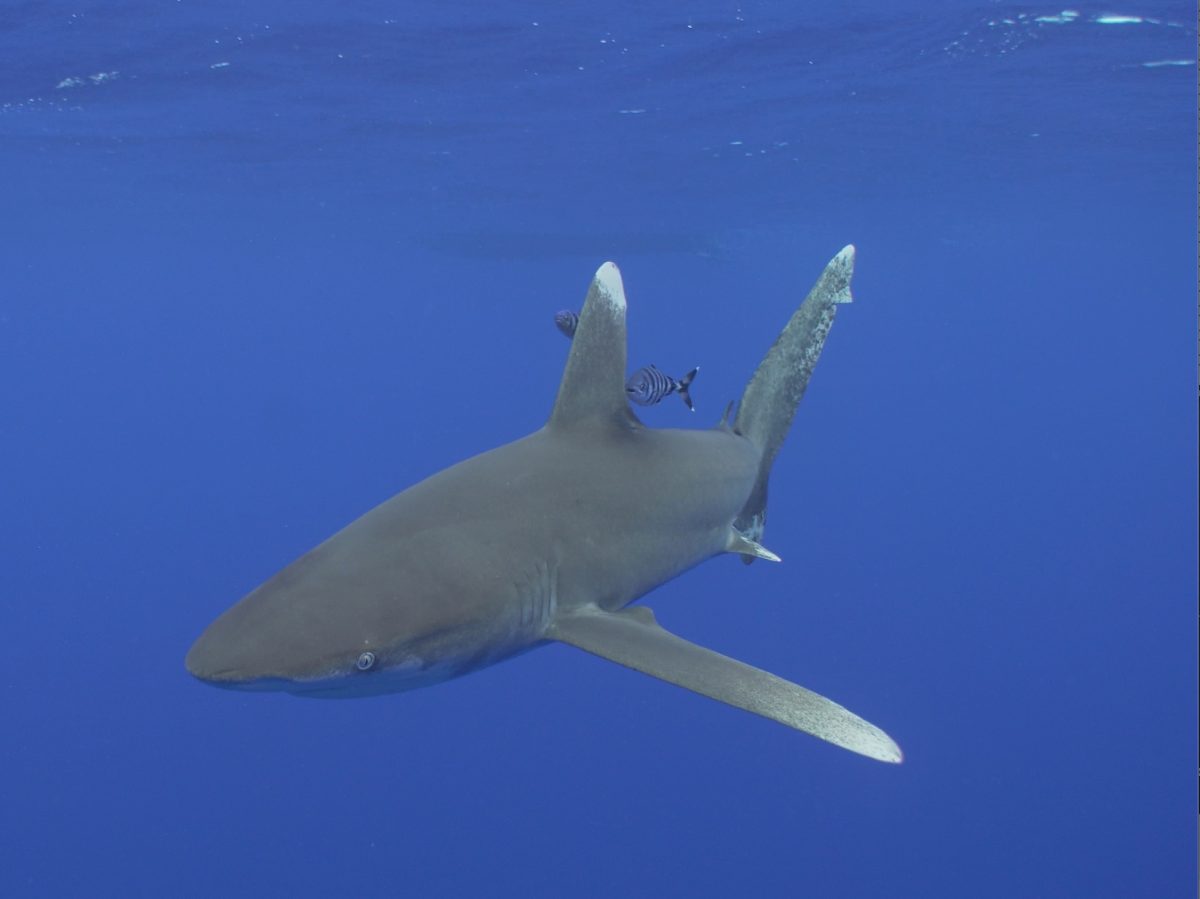A study published in the journal Fish and Fisheries this month revealed that fisheries could reduce shark death by requiring the release of threatened sharks caught as bycatch by at least three times. Known as retention bans, the practice requires that fishermen release certain sharks that are endangered or unwanted rather than retain them for their fins or some other use.
Read MoreICCAT Fails to Protect Atlantic Sharks
Last week, the annual meeting of the International Commission for the Conservation of Atlantic Tunas (ICCAT) in Cyprus ended with a failure to pass loopholes over shark finning.
Read MoreTest Your Shark Knowledge for Shark Week
Test your shark knowledge for shark week. Join us in Kona for International Shark Awareness Day for a screening of Kahu Manō our new film on Hawaii sharks, culture and traditional conservation.
Read MorePacific Tuna Fisheries Managers to Consider Bycatch Reduction for Oceanic Sharks
At the IATTC Shark Stewards Director David McGuire addressed the forum on the plight of oceanic whitetip sharks and posed the solution offered by the Hawai’i Longline Association and Western and Central Pacific Fishing Commission’s move to swap out wire leaders for monofilament so that captured sharks can bite free, while the target species of swordfish and tuna are still retained.
Read MoreNew Study Attempts to Reveal Deep Secrets of the Sleeper Shark
Little is known about this slow moving, smiley-faced cold water shark. Most observations have come from specimens as unwanted bycatch on commercial fishing vessels. New genetic evidence suggests that the Pacific sleeper shark is one single, largely distributed stock in the whole Pacific Ocean. Previously. it was believed to consist of a complex of several species.
Read MoreACT NOW TO END THE LAST LETHAL NET FISHERY OFF CALIFORNIA
Set gillnets are the primary threat to juvenile great white sharks in their nursery grounds off California. White sharks play an important ecosystem role, and their population is still at low numbers and in recovery.
We can stop the needless slaughter of sharks, dolphins, sea turtles, and other marine wildlife by these nets off the coast of California. Urge the California Fish and Game Commission to declare the bycatch in the California Set Gillnet Fishery unacceptable.
Read MoreBan Wire Leaders to Save Endangered Pacific Sharks
The 16th meeting of the WCPFC is taking place on 5-11 December in Port Moresby, Papua New Guinea, and we are urging member states in attendance to fight for sharks and rays that are harvested in the Pacific.
Banning wire leaders and shark lines would reduce fishing mortality of oceanic whitetips by 40.5%, and that of silky sharks (Carcharhinus falciformis), another threatened species, by 30.8%, according to research cited in the WCPFC proposal.
Read MoreBipartisan Bill to End Lethal Driftnet Fishery in the United States
The California driftnet fishery is responsible for the annual killing of thousands of innocent seabirds, marine mammals and sharks in California waters and is the only fishery where these harmful nets are still used in the United States.
Read MoreNets of Death: End a Fishery That Will Save Sharks
Please support saving California marine wildlife by contacting your Congressional representative and ask them to support the Driftnet Modernization and Bycatch Reduction Act.
Read MorePassage of Driftnet Modernization Act Will End Deadly California Fishery
Bill Will Protect Marine Life, Eliminate Deadly Gear Fishing for Swordfish in West Coast Waters and Save Sharks and Encourages Shift to More Sustainable Fishing Contact: David McGuire: info@sharkstewards On February 21, […]
Read More





